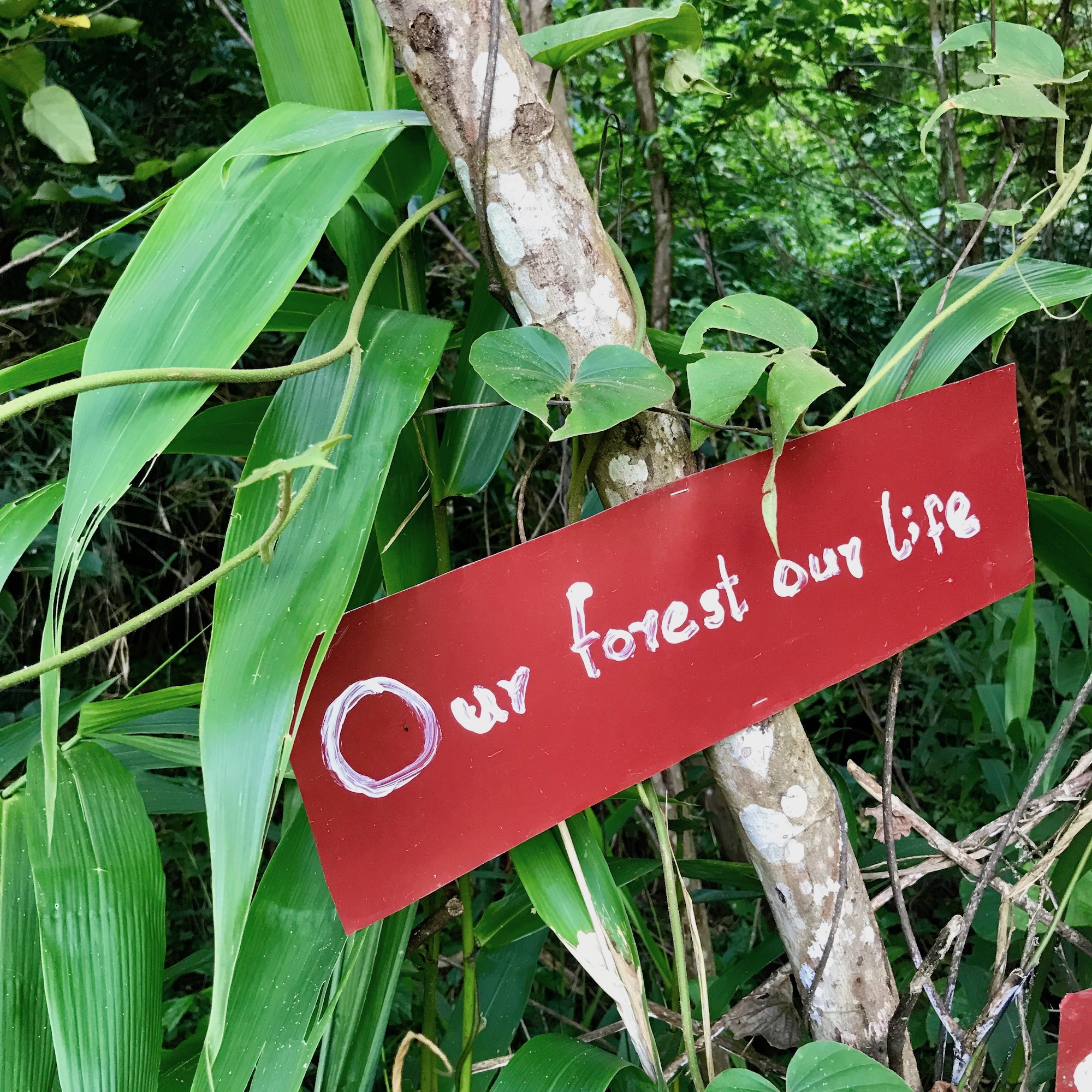ImpactAlpha, July 21, 2020 — A conservation project in the Tanintharyi region in southeast Myanmar aimed to protect the area from unsustainable palm oil and rubber plantations and overfishing. Indigenous Karen and other communities, however, objected that the top-down project cut them off from their livelihoods, jeopardized ceasefires that had ended a civil war and prevented the return of people forced from their land by the conflict.
Investors paused the project after communities used the United Nations Development Program’s grievance redress mechanism; the Karen have proposed an alternative “Landscape of Life” project design.
Such mechanisms to give an effective voice to local communities and other stakeholders are now part of the UNDP’s proposed guidelines for private equity funds and bond issuers associating themselves with the U.N.’s Sustainable Development Goals.
Developing community feedback tools to help investors manage positive – and negative – impact
If adopted more widely, the guidelines would catch impact investing up to the best practices of development finance – and give investors greater visibility into unintended consequences and other potential downsides.
“Standards are meaningless without good governance, and a key tool of good governance is hearing from the very communities who are impacted by investments,” Accountability Counsel’s Margaux Day told ImpactAlpha.
- Comment period. The guidelines proposed by the UNDP’s SDG Impact Team come as companies and countries issue a growing number of pandemic and social bonds (see, “Countries and companies tap fixed-income market with ‘social bonds’ for COVID relief”). The deadline for comments on the draft guidelines is July 31.
The UNDP plans to establish an assurance system for bond issuers and investors, along with an “SDG Impact Seal.” The “Operating Principles” for impact investing developed by the International Finance Corp. do not include a redress mechanism, “a serious mistake from our perspective,” Day said.
‘Operating principles’ help investors hold asset managers accountable for impact
- Shared or standalone? Many development finance institutions already utilize grievance mechanisms for community concerns about harms from DFI investments. Officials review complaints against standards and can bring in mediators or other dispute-resolution services.
“The mechanism needs sufficient independence from the financial institution, typically reporting to the president or board, to provide a forum that communities trust and feel is effective,” says Day.
Some asset managers may want to design their own redress mechanisms; others might want to share such a service, she said. “Designing or adopting an effective grievance mechanism is an exciting opportunity for impact investors.”











